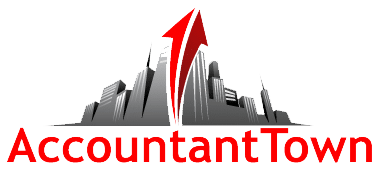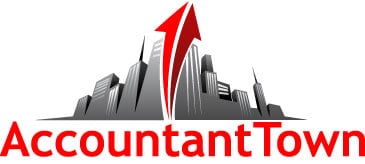FASB ASC 305 – Cash and Cash Equivalents
The Financial Accounting Standards Board (FASB) released the 300 section of the Accounting Standards Codification for the purpose of discussing the broad topic of Assets.
Accounting Standards Codification 305 (ASC 305) was released to address the more specific topic of cash and what equivalents can be considered cash on a company’s balance sheet. The FASB has defined this to increase awareness of the liquidity of a company as when recessions loom or business is slow, the ability for a company to be liquid is very important. The items that make up the “cash” line item of a balance sheet thus must fit into a certain definition.
Definition of Cash under ASC 305
All of the following criteria must be met in order for an investment to be classified as a Cash Equivalents in GAAP financials:
- Short term
- Highly liquid
- Convertible to known amounts of cash
- So near their present maturity that it is negligible risk of changes in value due to interest rates
Related Topics:
+Petty Cash and Expense
Accounting made easy, for FREE!

Access the contact form and send us your feedback, questions, etc. We are always welcome to help someone out. You can also contact us if you wish to submit your writing, cartoons, jokes, etc. and we will consider posting them to share with the world! The Facebook and LinkedIn groups are also good areas to find people interested in accounting like yourself, don’t hesitate to join as everyone of all levels are welcome to become part of the community.

